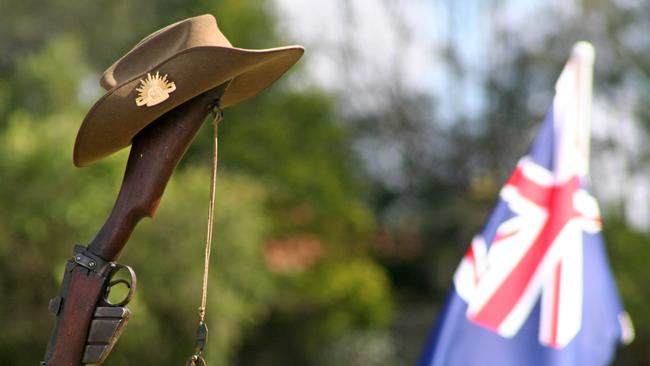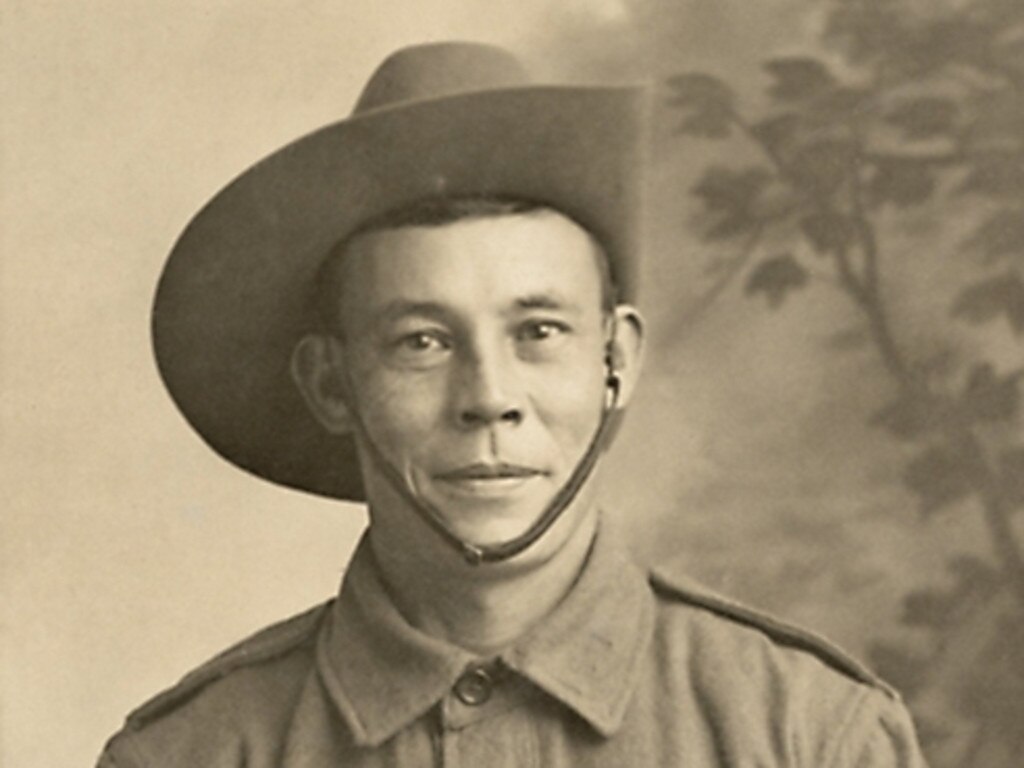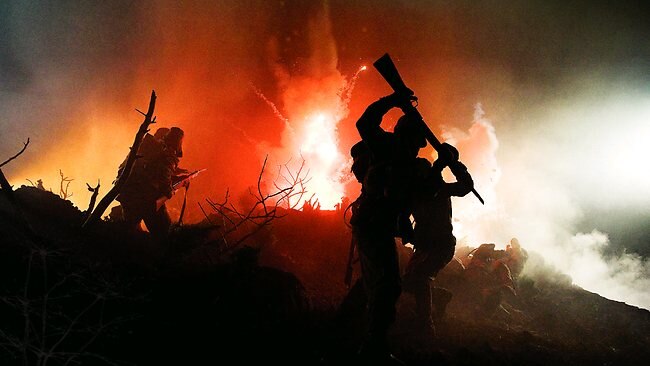Teaching of history ‘not up to scratch’
A NSW parliament public education unit wants civics and citizenship education improved to ensure that students are taught about key events in the nation’s history.

The teaching of Australian history is inadequate and should be compulsory throughout the senior secondary years, an inquiry into proposed changes to the NSW curriculum has been told.
A public education unit within the NSW parliament has called for civics and citizenship education to be improved by ensuring that all Year 9 and 10 students are taught about key events and institutions in the nation’s history, arguing the knowledge is critical for young people to become informed citizens. In a submission to the Mark Latham-chaired inquiry, the NSW Parliamentary Education and Engagement Unit singled out the senior school elective history topic, Making a Nation, recommending it be made compulsory.
The topic, which is included in the NSW history syllabus for Year 9 and 10, provides students an opportunity to study in-depth issues such as Australia post-settlement, the experiences of non-European migrants, living and working conditions at the turn of the 20th century, and the development of Australian self-government and democracy.
The education and engagement unit compared the treatment of Making a Nation within the syllabus to that of the core topic Rights and Freedoms (1945-Present), which examines the UN Declaration of Human Rights with a focus on the struggle of Aboriginal and Torres Strait Islanders for equal rights and freedoms. That topic is mandatory for Year 9 and 10 students.
“This should remain mandatory, however it should not be prioritised over the Making a Nation topic, which is the mechanism which guarantees an understanding and valuing of Australia’s democracy,” the submission says.
“Although the teaching and learning about civic history is adequate, the role of civic institutions is not given the core emphasis that we believe it requires.
“The topic Making a Nation … should be a mandatory in Years 9-10 history, allowing students to revisit, and teachers to build upon, the foundational knowledge and values about parliamentary democracy that were learnt in primary school and therefore preparing students for their future lives as voting citizens.”
The submission noted that, in the wake of the Masters’ review of the NSW curriculum, which published its final report mid-year, an opportunity existed for “more in-depth and mandatory inclusion of (civics and citizenship education), particularly in the senior years”.
The concerns were echoed within other submissions, including that of Institute of Public Affairs director Bella d’Abrera, who described the focus on teaching Australian history within the NSW curriculum as “inadequate and lacking in depth”.
“Children in NSW are simply not being taught the essentials of our free society, such as civil rights, and personal responsibility,” Dr d’Abrera, who heads up the IPA”s Western civilisation program, said.
Concern about young people’s lack of civics knowledge has mounted in recent years, with a 2016 national assessment revealing just 38 per cent of Year 10 students achieved at or above a level deemed proficient. The Masters review — the first major review of the NSW curriculum in 30 years — made a range of recommendations, including trimming content from the curriculum so that younger students could develop strong foundations in English and mathematics and older students had more time to build understanding of core subjects.







To join the conversation, please log in. Don't have an account? Register
Join the conversation, you are commenting as Logout